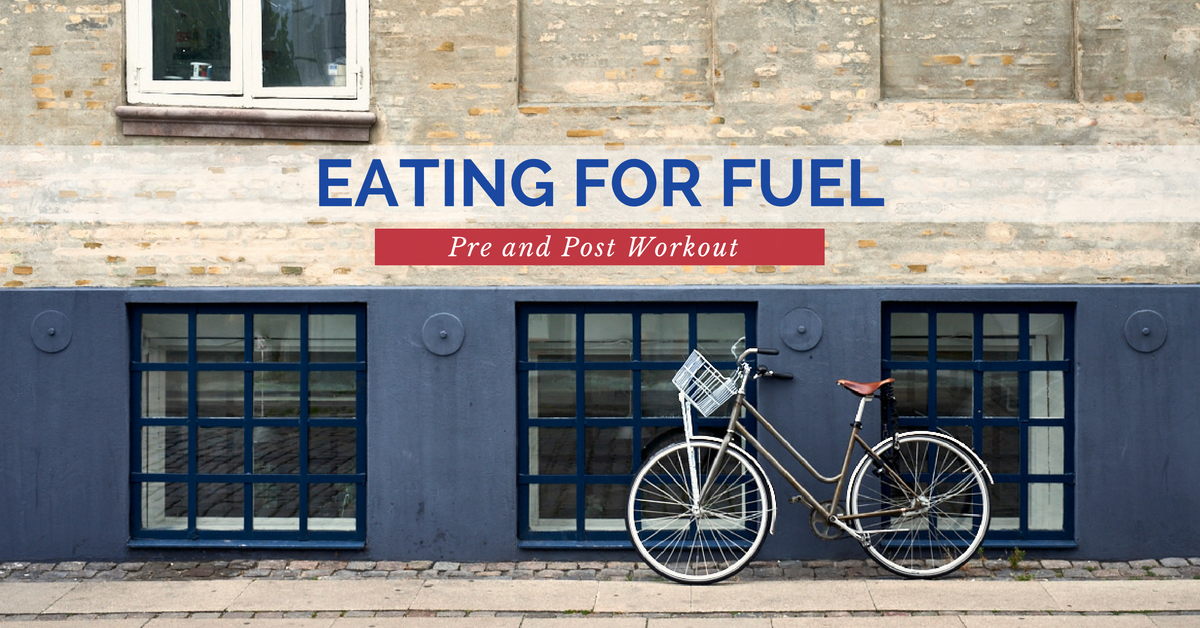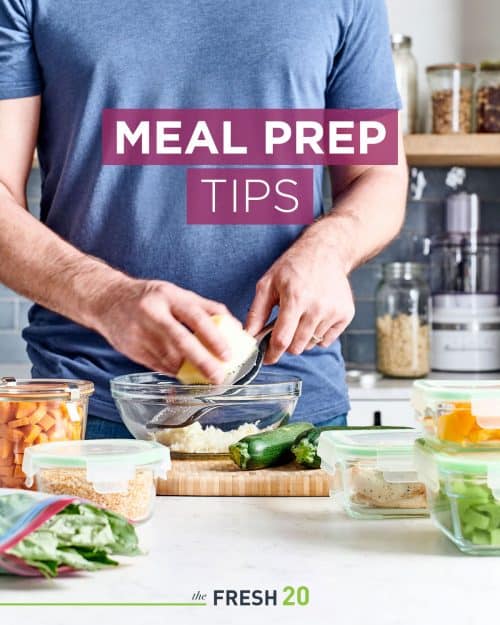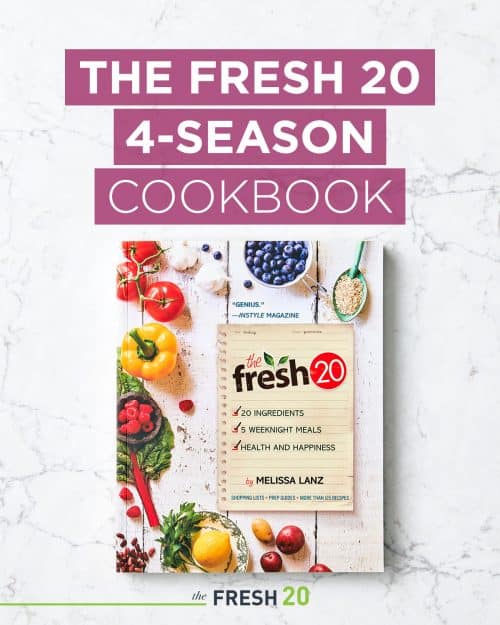
Regardless of your choice of exercise, you probably notice that your performance is improved when you are eating correctly and drinking enough water. Exercising without the correct fuel can contribute to fatigue and decreased performance. There are many products promoted to athletes to hydrate, refuel and improve performance. What we really need is whole food sources of the highest quality nutrition to achieve optimal performance.
For both before and after exercise, your body needs a combination of protein, carbohydrate and healthy fats. How much you need depends on a variety of factors: your body composition, weight goal, age, gender and the intensity of exercise.
Here are some good strategies to help your body achieve and maintain optimal performance. Be honest with yourself and start where you are, moving forward in intentional, achievable and sustainable steps.
1. Drink more water
About 60% of our total body weight is water and over 70% of our muscles are water. Water fuels so many functions in our body, helping to protect organs, aiding in digestion and regulating body temperature. Dehydration stresses the body. For athletes, recreational athletes and anyone looking to stay healthy and fit, drinking water before, during and after exercise is a top priority.
I recommend 16 ounces (2 glasses of water) within a few hours prior to exercise and 8 ounces for every 30 minutes of exercise during. Recommendations for the time following exercise vary based on the amount loss and the level of activity, but it is important to fully replace fluid and electrolytes lost during training. A good rule of thumb is 2 glasses of water per pound loss (this will apply more for intense training).
2. Eat high quality real food sources of protein
Protein is not the “magic cure” to grow muscles but it is important to build and repair muscle tissue, aid in healthy immunity and regulate hormones. The balance with protein is getting adequate but not excessive amounts. You should incorporate protein in all meals and snacks but not isolate protein from other nutrients in the form of shakes and bars. Try to avoid processed protein products and instead reach for a natural protein source: egg, legumes, seeds, nuts, yogurt, fish and lean poultry are all good options.
The Academy of Nutrition and Dietetics recommends that healthy moderately active adults should aim for 0.4gm protein/pound (older adults should be closer to 0.5gm/pound). *
According to the American College of Sports Medicine (ACSM), very active adults involved in weight training or regular endurance training, significant running or cycling should consume anywhere between 0.5-0.8gm/pound. Additionally, while protein should be consumed throughout the day, The ACSM also suggests always consuming a moderate amount of protein within an hour of exercise for optimal muscle recovery. **
3. Eat healthy carbohydrates
Carbohydrates provide the energy to fuel your exercise, so give your body the best fuel possible. Fruit, vegetables and starchy vegetables are great sources of carbohydrates. Include whole grains such as oatmeal, quinoa, brown rice, amaranth and barley but be mindful of your servings. ½ cup cooked grain with a meal is plenty to fuel most recreational athletes.
A wonderful trick with whole grains is to make a large portion of a whole grain salad such as quinoa tabouli or brown rice vegetable salad and keep it in your refrigerator so it’s easy to portion out a healthy whole grain for a weekday meal. This often helps to avoid the trap of needing to refuel with a processed food such as crackers.
4. Don’t skimp on fat but choose wisely
Since fat is 9 calories per gram (versus carbs and protein which are 4 calories per gram), be sure to choose wisely when making decisions. Avoid saturated fat from animal products such as full fat dairy, meat and poultry skin. Avoid transfat by limiting or eliminating processed foods.
Select olive oil, avocado seeds and nuts as your preferred sources of fat. Include a small amount with every meal.
5. Limit added sweets, alcohol and processed foods
The evidence is indisputable. These foods slow down our performance. Remove processed foods from your diet as a rule. Be conscious about your treats. Select a small portion of a homemade or high-quality treat on occasion but not every day. If you drink, limit to an occasional serving, for example 5 ounces of wine.
* Academy of Nutrition and Dietetics. http://www.eatright.org
** American College of Sports Medicine. Protein Intake for Optimal Performance. http://www.acsm.org











